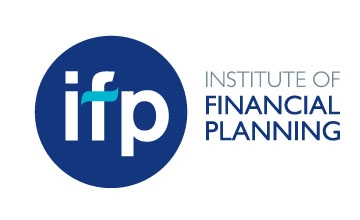The IFP has told the FCA it fears well-run smaller firms could be forced to leave the market as the regulator confirmed it was raising its levy.
The FCA yesterday pressed ahead with its proposal to increase the levy for firms in the A13 fee block by 10.2 per cent (see full story under related articles) despite pleas from the IFP.
The increase means a £74.9m total bill is heading the way of Financial Planning firms, advisers and other businesses in that block to pay for the FCA – up from £68m in 2014/15.
The FCA launched a consultation earlier this year, to which the IFP responded, expressing concerns over “the impact of ever increasing regulatory costs on small personal investment firms”.
The IFP fears that “well-run small firms will leave the market as a direct result”.
{desktop}{/desktop}{mobile}{/mobile}
The IFP told the FCA: “A typical member of the IFP is the owner or employee of an A13 fee-block firm with fewer than 10 staff and operates to the highest professional standards.
“The proposed minimum fees across the A13 block show an increase of 10.2 per cent, the highest percentage increase of any of the ‘A’ block firms, which is disappointing.”
The IFP suggested companies such as Accredited Financial Planning FirmsTM deserved to be recognised when decisions are made about fees because they operate “the highest professional standards” and "pose a low risk in terms of consumer detriment.”
The FCA estimated that the proportion of the A13 fee-block that is recovered from 2,920 financial advisers (55.4 per cent of total of A13) who do pay fees in A13 to be £7.2m (9.6 per cent).
The FCA said: “We acknowledge that our fees are a cost to financial advisers and that cost may be passed on to consumers of their services. However, we believe that the funding those fees provide enable us to meet our objectives, including protecting consumers, resulting in a benefit for consumers.”
“The £74.9m of our AFR allocated to the A13 fee-block is recovered from these firms based on their size as a proxy for the risk to our statutory objectives if they fail.
“The measure of size differs across fee-blocks, but within a fee-block it represents an objective and transparent measure of the regulated activity that can be consistently applied to all firms in the fee-block.
“The measure of size for A13 is the income that firms report from the regulated activities covered by that fee-block.”
Officials stressed the fact that firms with income of less than £100,000 do not pay fees in the A13 group and if they do not carry on the regulated activities covered by the other fee-blocks they only pay the minimum fee of £1,084 that all firms in the ‘A’ fee-blocks pay.
The FCA said the fees for the A13 were “proportionate for all, including financial advisers”.
It said this was “because the minimum size thresholds makes provision for the small firms not to pay fees other than the minimum fee.
“And for the firms that come above the minimum threshold, the larger (by income reported) a firm is relative to others in A13 the higher its fees are and the smaller a firm is relative to other firms the lower its fees.”

